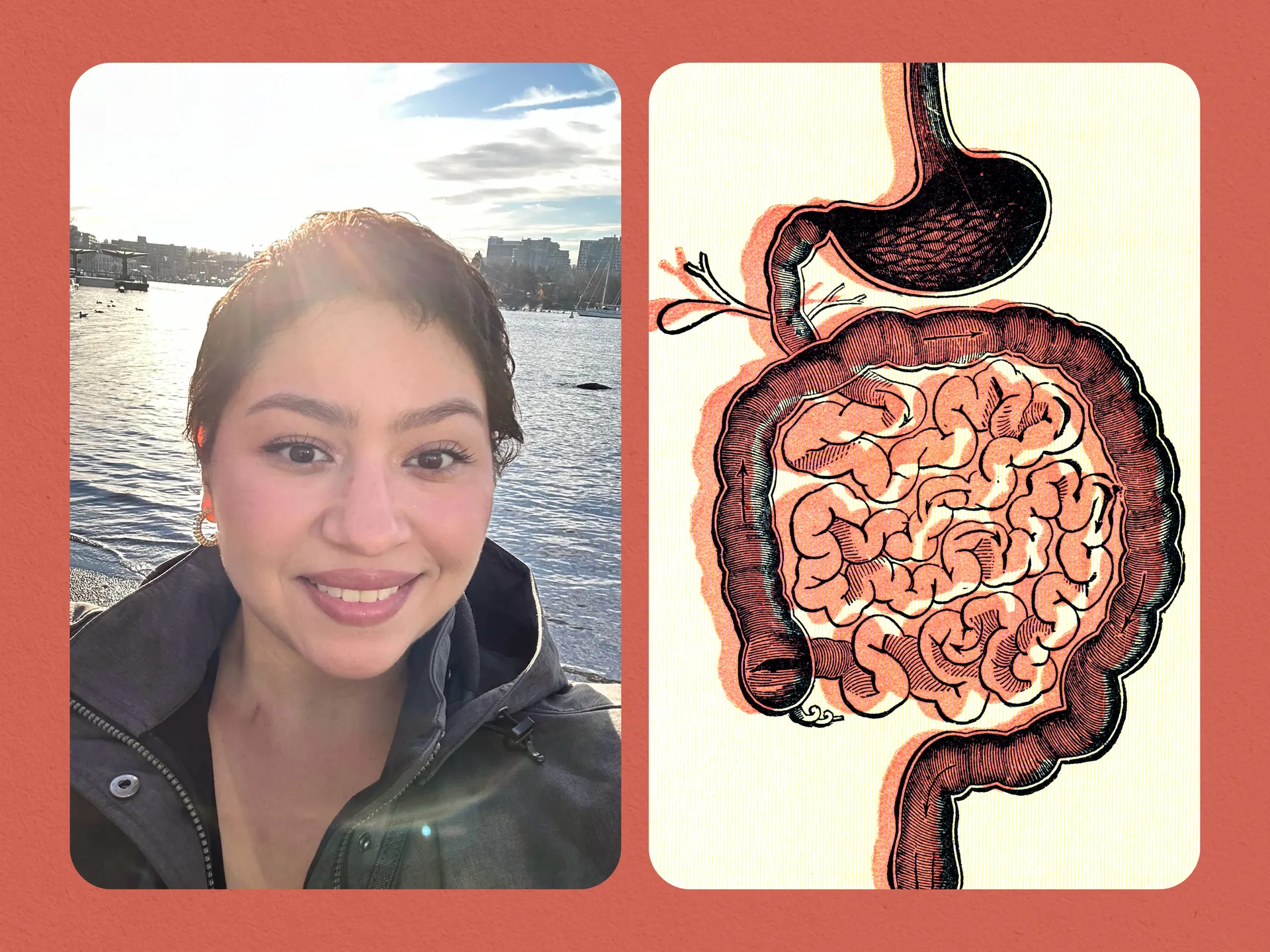
It wasn’t painful. Just new. Maybe it’s from exercise. Or a bruise. You wait. But it stays. Oncologists in Türkiye hear this story often. Small, painless lumps are dismissed. But they matter. Not every cancer starts loud. Some just sit quietly. Watching. Waiting. First signs don’t shout. They repeat.
Your blood tests came back strange, but no one explained the meaning
Your white count was off. Platelets slightly high. No fever. Just… something off. Blood results don’t diagnose cancer. But they open doors. Turkish oncologists use them to notice patterns. Repeats. Ratios. Subtle shifts matter. A single test is noise. Two is a whisper. Three is a signal.
You lost weight without trying, and didn’t feel hungry like before
You skipped meals. But not on purpose. Pants fit looser. Your face looked thinner. Friends noticed. Weight loss without effort always deserves a second look. Turkish oncology centers follow this symptom closely. When paired with fatigue, it becomes a major red flag. Especially if appetite fades too.
You’re coughing for weeks, but antibiotics never made a difference
You tried syrup. Pills. Steam. Still coughing. No infection found. Persistent cough with no clear cause can signal lung involvement. Not always cancer—but never ignore it. Turkish pulmonologists often refer such cases for imaging. X-ray first. Then CT. Cancer hides behind stubborn symptoms.
Your skin looks different, but nothing itches or bleeds
A mole changed shape. Or color. Or edges blurred. You weren’t sure. It didn’t hurt. Skin cancers don’t always itch. Sometimes they’re quiet distortions. Turkish dermatologists photograph and compare. They don’t guess. They measure. If it changes, they act.
You had blood in your stool, but thought it was hemorrhoids again
It happened before. Probably the same again. You didn’t mention it. But blood—especially dark—is always worth checking. Turkish gastroenterologists look past common causes. A colonoscopy sees what other tests miss. Not for panic. Just for clarity.
You started feeling full quicker, even when eating less than usual
You used to finish your meals. Now you stop early. Not from willpower. From discomfort. This change often links to stomach, ovarian, or pancreatic concerns. Turkish oncologists consider these signs when they last longer than a few weeks. Fullness is a feeling. But also a message.
Your voice changed slowly, but you hadn’t been sick
It became hoarser. A little raspy. You spoke less. Thought maybe it was dryness. But it stayed. Voice change can mean pressure on the vocal cords. Or thyroid. Turkish ENT specialists work with oncologists to track this symptom. It’s not always infection. It’s sometimes mass effect.
You’re bleeding between cycles, but your gynecologist didn’t find anything obvious
Spotting happens. But irregular bleeding still needs exploring. Especially if you’re over 40. Especially if it becomes pattern. Turkish oncologists often step in after gynecologists rule out benign causes. Endometrial and cervical cancers don’t always show early on exams.
You feel a tightness in your chest, but your heart tests are fine
It’s not cardiac. That’s clear. Yet something lingers. Pressure. Not pain. Turkish oncology units see chest masses in young adults, too. Especially with fatigue or weight loss. X-rays help. CT clarifies. But the first decision starts with listening to that lingering sensation.
Your urine changed color, but no infection was found
It’s darker. Cloudy. Or tinged with red. But no bacteria. And no pain. Turkish urologists flag this symptom early. Bladder and kidney cancers often begin with color changes—not pain. Urine tests don’t show cancer directly. But they open a path to cystoscopy or imaging.
You’re suddenly breathless walking upstairs, but your oxygen levels read normal
Pulse oximeter looks fine. But you still stop halfway up. Turkish oncologists know early anemia causes breathlessness before tests catch it. Blood cancers, bone marrow issues, or internal bleeding all do this. Don’t let normal devices silence real changes.
You’ve had night sweats recently, but your temperature never really spiked
You wake soaked. Sheets damp. But the thermometer says nothing. Turkish hematologists follow this pattern for lymphoma suspicion. Especially if sweats come with weight loss or swollen lymph nodes. It’s not always infection. Sweat is a sign, not a diagnosis.
You had a CT scan, but the report said “needs further investigation”
It didn’t say cancer. But it didn’t say clean. That in-between space is where oncologists live. Turkish oncology units order biopsies when imaging speaks unclearly. Suspicion grows in silence. Clarity demands tissue. The scan is the start—not the sentence.
You had a biopsy, but still don’t know what the result means
It came back “atypical” or “suspicious.” Not benign. Not malignant. That’s where pathology meets oncology. Turkish hospitals recheck slides, compare findings, sometimes repeat. Cancer isn’t diagnosed in a word. It’s a puzzle. One that unfolds slowly, not always with certainty.
